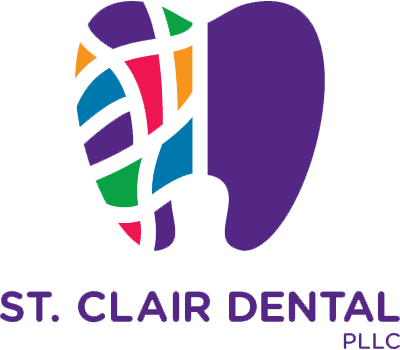Ensuring you have an adequate amount of vitamin D in your body is important. Most people can get their daily dose of vitamin D through their diets and through just sitting outside for 20 to 30 minutes a day. However, some people will not get enough vitamin D, especially if they have little to no sunlight exposure and have poor diets. In these cases, many doctors would recommend taking a dietary supplement to help replace this missing vitamin. Vitamin D is an essential component of bone density growth, and for our mouths, this vitamin can keep our teeth and gums healthy and strong. In cases where a vitamin deficiency is present, though, there is an increased risk of periodontal disease, as it is one of the most frequent causes of tooth loss in adults today.
Certain Factors With Periodontal Disease and Vitamin D
Periodontal disease is an advanced form of gum disease caused by a build-up of bacteria in the mouth. The bacteria infect the gum line causing it to swell, become tender, and bleed a lot during brushing and flossing. Because it is an advanced version of gum disease, the gum pockets that hold the connective tissues together build pockets. These pockets allow more bacteria to fill into the gum line and infect the jawbone, causing bone loss. In these cases, tooth loss is almost an inevitable result if not treated. However, those with a vitamin D deficiency can also have an increased risk of getting periodontal disease over time.
Vitamin D is known to provide our bones and muscles with the nutrients they need to maintain their strength and vitality. However, it also protects our teeth and gums from becoming more vulnerable to bacteria, according to studies from the American Society for Microbiology. These studies show that:
- Vitamin D can combat the mutans bacteria strains responsible for periodontal disease due to its anti-bacterial properties.
- Vitamin D contains anti-bacterial properties known as cathelicidins and defensins that reduce the total number of bacteria within the mouth.
- Vitamin D can also reduce the enzyme metalloproteinases, known as MMP, which has been known to be a contributing factor to periodontal disease.
- Vitamin D’s ability to rebuild muscles and bones is seen as a great aid in treating and preventing periodontal disease.
Getting Enough Vitamin D Each Day
Many dietitians recommend that you try and get your daily dose of vitamin D through your diet, which means drinking milk fortified with Vitamin D and eating other foods such as eggs, salmon, shrimp, and red meat. However, if you cannot get your daily doses through your diet, you should speak with your doctor about getting supplements. If you have any issues with your teeth from a vitamin deficiency, the best place to find more information is to speak with your dentist.

